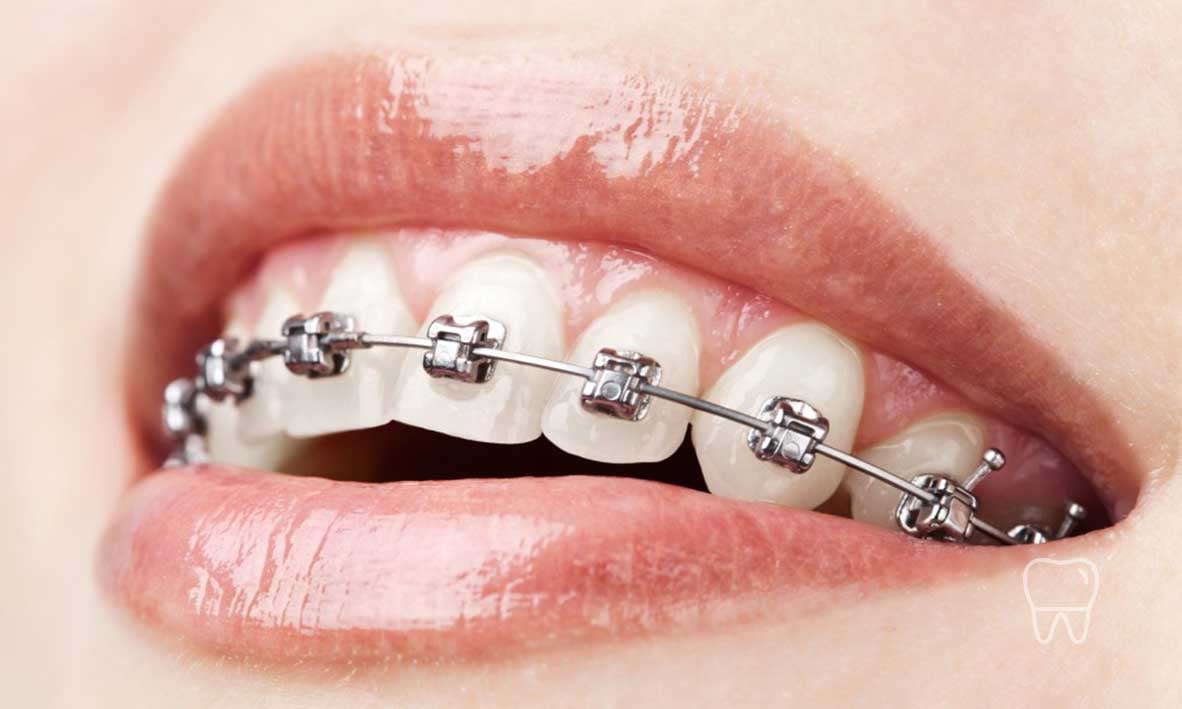Braces are a powerful tool for creating a straighter, healthier smile—but they can come with some initial discomfort. If you're wondering how to deal with braces discomfort, you're not alone. Most people experience soreness or irritation during the early days of wearing Dental Braces or after adjustments. The good news is that this discomfort is temporary and manageable with the right strategies and care.
Understanding Why Braces Cause Discomfort:
The first step in learning how to deal with braces discomfort is understanding where the pain comes from. Braces work by applying gentle, continuous pressure on your teeth to shift them into better alignment. This process affects not only your teeth but also the surrounding ligaments and bones.
- Tightening Pressure: After an adjustment, the wires are slightly tighter to move your teeth, which can cause tenderness.
- Irritation from Hardware: Brackets and wires can rub against the inside of your cheeks and lips.
- Tooth Sensitivity: Teeth may feel more sensitive to pressure and temperature, especially in the first few days.
- Jaw Soreness: As your bite changes, you may feel strain or discomfort in your jaw muscles.
Though this discomfort is a normal part of the orthodontic process, there are several simple ways to ease it.
What to Eat (and Avoid) When You Have Sore Braces?
When dealing with braces discomfort, your food choices can either ease or worsen the pain. During periods of increased sensitivity—usually right after your braces are tightened—opt for soft, non-irritating foods.
Best Foods for Sore Teeth:
- Mashed potatoes
- Oatmeal or cream of wheat
- Scrambled eggs
- Applesauce
- Smoothies and protein shakes
- Pasta and soft rice dishes
Foods to Avoid:
- Crunchy snacks like chips or raw carrots
- Sticky candies like caramel or taffy
- Hard fruits and vegetables unless cut into small pieces
- Chewy bread or crusty rolls
- Nuts and popcorn
Choosing gentle foods not only helps manage pain but also protects your braces from damage.
Long-Term Tips to Prevent Braces Irritation:
While most braces discomfort occurs early in treatment or after adjustments, long-term care can help prevent recurring soreness. Knowing how to deal with braces discomfort over time involves developing consistent habits that keep your mouth clean and your appliances in good shape.
- Brush and Floss Carefully: Use a soft-bristled brush and floss threaders to prevent gum irritation.
- Use Fluoride Mouthwash: Rinsing helps prevent infection and soothes inflammation.
- Stay Hydrated: Drinking water helps flush food particles and keeps your mouth moist.
- Protect Your Mouth During Sports: Always wear a mouthguard if you're active in contact sports.
- Attend All Appointments: Regular orthodontic visits ensure your treatment stays on track and prevent unnecessary discomfort.
Consistency with oral hygiene and care routines makes a big difference in reducing braces-related irritation over time.
When to Call Your Orthodontist About Pain?
While most discomfort from braces is normal and temporary, sometimes pain can signal a problem. Knowing when to contact your orthodontist is key to staying safe and pain-free during treatment.
- Loose Brackets or Wires: These can poke the inside of your mouth and should be fixed professionally.
- Severe or Prolonged Pain: If discomfort lasts more than a week, contact your orthodontist.
- Sores That Don’t Heal: Persistent sores could be a sign of infection or another issue.
- Jaw Pain or Clicking: This could indicate a bite problem that needs to be addressed.
If in doubt, it’s always better to call and ask. Your orthodontist is there to make the process as smooth as possible.
Staying Positive Through the Discomfort:
Dealing with Dental Braces treatment discomfort is part of the journey toward a beautiful smile. It helps to keep the end result in mind and stay positive. Discomfort usually fades within a few days, and as you get used to your braces, you’ll experience less pain over time.
- Celebrate Small Wins: Notice how your teeth are moving and improving.
- Track Progress with Photos: Watching the transformation can boost motivation.
- Stay Patient: Remember, discomfort is temporary, but your new smile is permanent.
- Ask for Support: Don’t hesitate to ask your orthodontist or loved ones for tips and encouragement.
In conclusion, knowing how to deal with braces discomfort can make your orthodontic journey much smoother. By combining home care, smart food choices, long-term habits, and professional support, you can stay comfortable and focused on the beautiful smile ahead.

